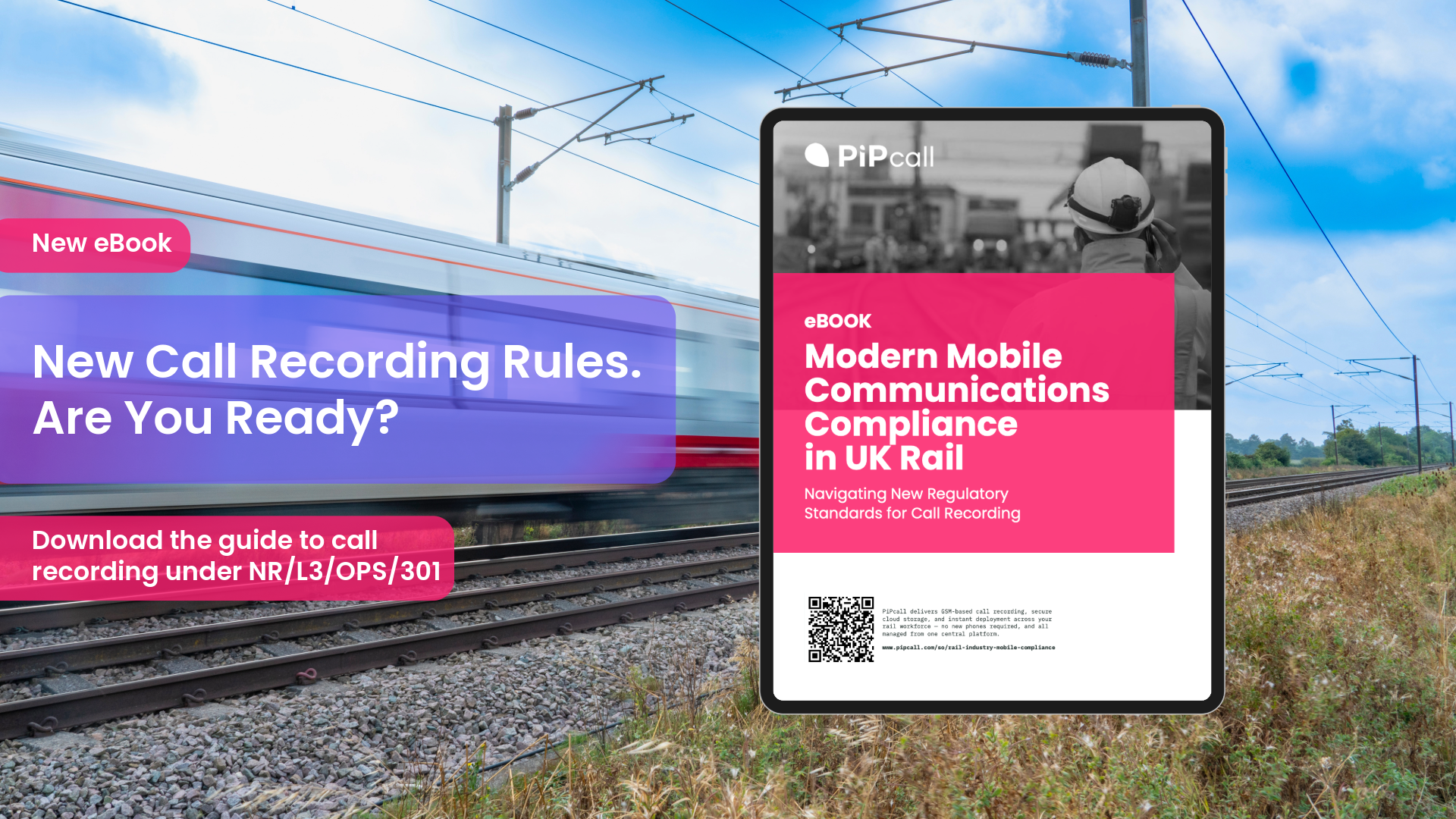For businesses, managing mobile data efficiently is key to controlling operational costs and ensuring smooth communications. By implementing effective data monitoring techniques, reducing unnecessary consumption, and selecting appropriate data allowances, companies can enhance both cost efficiency and productivity. In this article, we explore essential strategies for optimising data usage on business SIM plans.
Tools and Techniques for Monitoring Data Consumption
Effective data management begins with real-time monitoring of data usage across devices. By tracking consumption, businesses can avoid overage charges, streamline usage patterns, and improve overall cost efficiency.
Data Usage Dashboards
Most mobile network providers offer data usage dashboards or apps for businesses. These tools allow administrators to monitor individual employee usage, set alerts for high data consumption, and generate reports. For example, EE and Vodafone in the UK provide such platforms for business customers, helping them track and manage their team’s data consumption.
Centralised Management Systems
For larger enterprises, integrating Mobile Device Management (MDM) solutions is critical. These platforms allow IT teams to monitor data consumption across multiple devices and set usage limits or caps. By implementing MDM with eSIM technology, businesses can streamline the process of provisioning devices and managing data usage from a centralised dashboard. This approach also helps improve security while offering detailed insights into each device’s data consumption.
Data Analytics and Reporting
Advanced analytics tools can provide more granular insights into data usage trends. These reports can help businesses identify data-heavy applications and processes, allowing them to optimise usage or adopt alternatives that consume less data. Additionally, regular reporting ensures businesses can adjust their plans according to their employees' needs, preventing unnecessary data wastage.
Tips for Reducing Unnecessary Data Usage
Reducing excessive data usage is not just about monitoring but also about adopting best practices that help employees and the business as a whole manage resources better.
Educate Employees on Data Usage
Often, employees are unaware of how much data they are using. Businesses can provide training or guidelines to help staff make informed decisions about data usage. For example, employees should be encouraged to use Wi-Fi networks for large file downloads or video streaming when available, reducing the burden on their mobile data plans.
Restrict Background Data Usage
Many applications consume data in the background, even when not actively in use. Businesses can optimise data usage by restricting background data consumption on company devices. This can be managed through device settings or via an MDM platform, ensuring that only essential services use data.
Compress Data for Efficiency
When using data-heavy services such as file-sharing or cloud applications, businesses can reduce consumption by adopting data compression techniques. Tools that compress images, videos, and files before uploading or sharing can significantly reduce the amount of data being used, especially when operating in data-restricted environments or when using international roaming plans.
How to Choose the Right Data Allowance for Your Business Needs
Choosing the correct data allowance is critical for avoiding unnecessary costs and ensuring smooth operations. With a variety of plans available, businesses need to assess their needs carefully before selecting a data package.
Assess Your Team’s Data Usage
The first step in choosing the right data plan is understanding the usage patterns of your employees. Companies that rely heavily on mobile data for cloud-based work, video conferencing, or large file transfers will need plans with higher allowances. On the other hand, businesses that primarily use data for email and messaging might find lower data plans more cost-effective.
Evaluate Seasonal or Temporary Needs
Businesses with temporary staff or fluctuating demand can benefit from flexible data plans and cost-efficient business SIM plans. Many business SIM providers, including PiPcall, offer rolling contracts or scalable data packages that allow businesses to adjust their usage month by month. This flexibility ensures businesses only pay for the data they need, particularly during peak periods or when seasonal employees are onboarded.
International Data Requirements
If your business operates internationally or has employees frequently travelling abroad, selecting a plan with strong roaming capabilities is essential. International data plans are often tailored for specific regions and provide better coverage at lower costs than using standard data plans abroad. By choosing the right international plan, businesses can slash their roaming costs and keep their employees connected worldwide without breaking the budget.
Conclusion: Optimising Data for Cost-Efficient Business Operations
By implementing smart monitoring tools, educating employees, and selecting the right data allowances, businesses can ensure efficient data management. In a landscape where connectivity is crucial for operational success, making the right decisions on data usage can have a significant impact on cost control, security, and productivity. With strategies that focus on optimising usage, reducing wastage, and selecting the best plans for your needs, your business can enhance operational efficiency while staying connected.
By following these strategies, UK businesses can effectively manage their mobile data usage and reduce costs associated with SIM plans. From data monitoring to selecting the right allowances, each step plays a crucial role in building a more connected and cost-efficient workforce.


.png)
.png)



